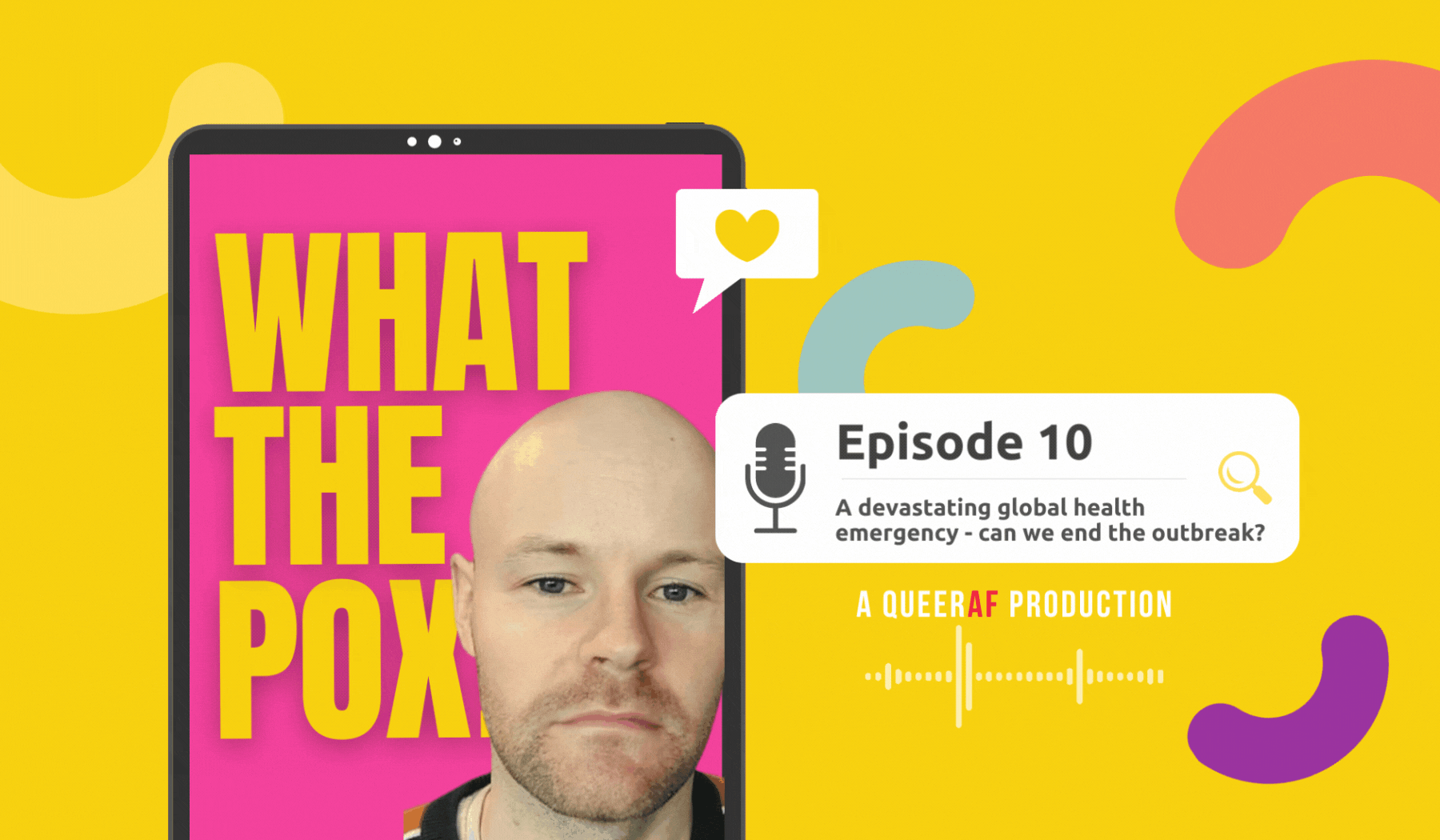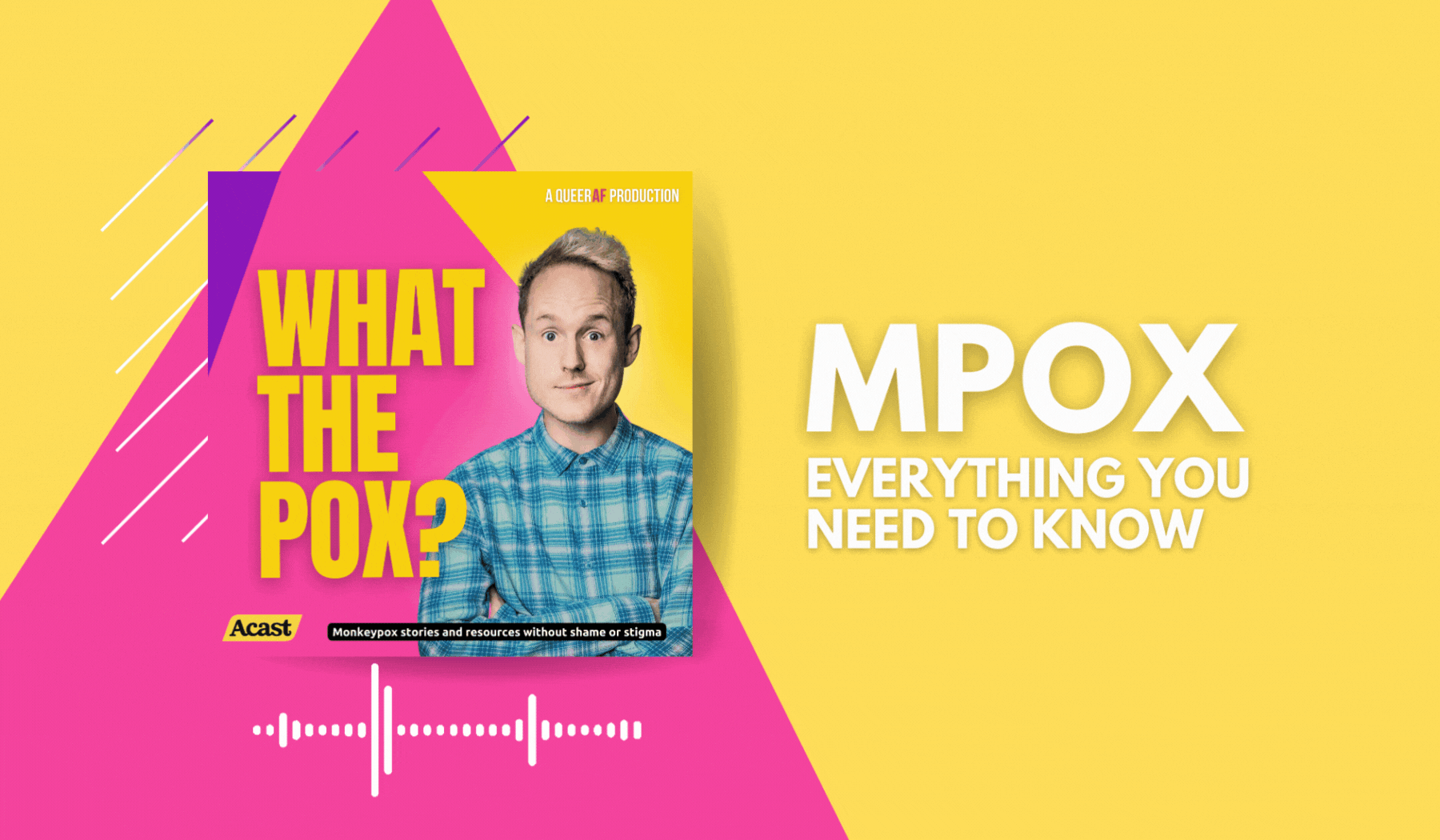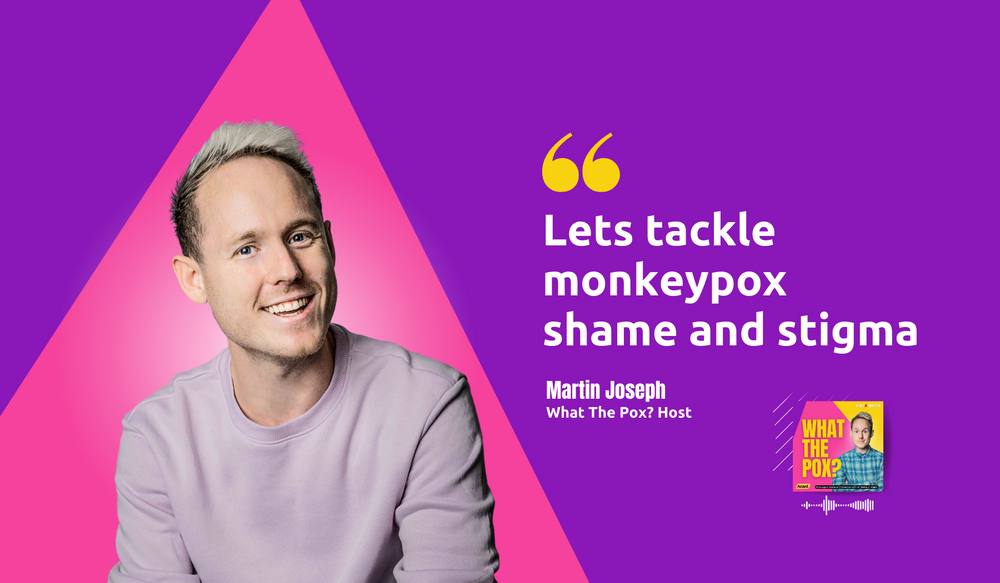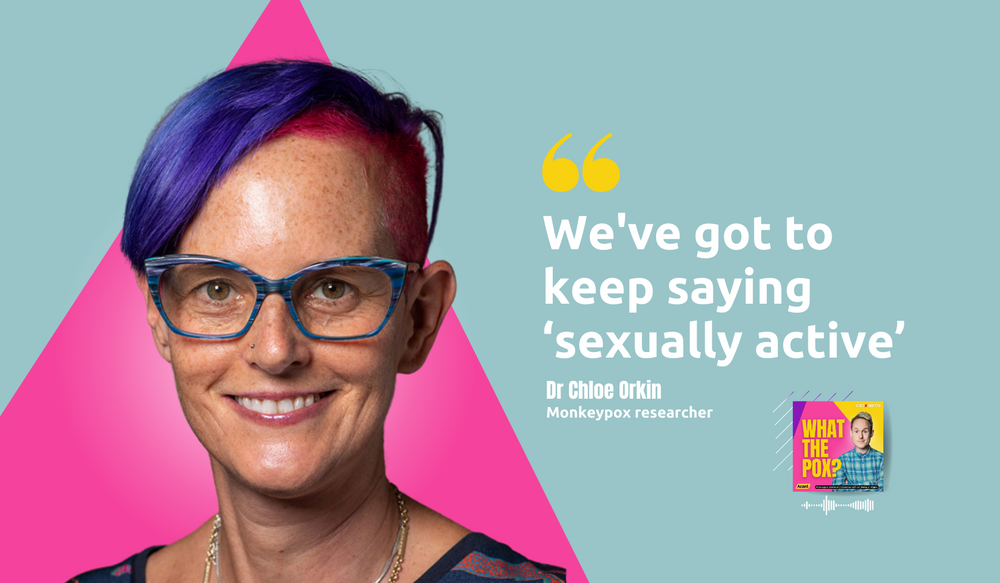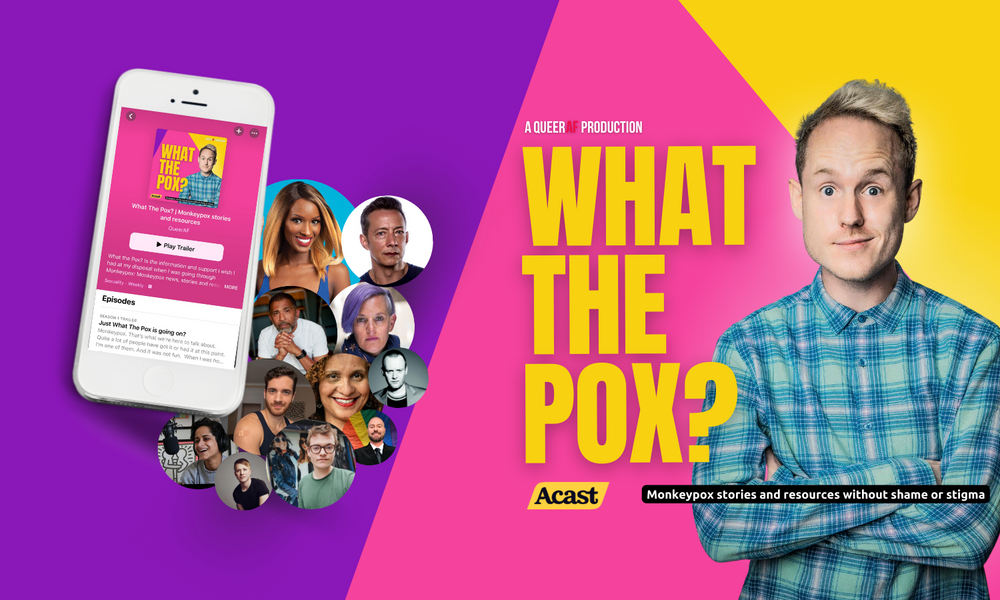Whether you've just caught mpox (monkeypox), seen it on the news or heard about it from your friends, you likely have questions.
We've pulled together everything we know on our audience's most commonly asked questions after making a ten-part documentary series on the mpox (monkeypox) outbreak.
You can navigate using the table of contents or scroll to read insights from the world's leading mpox (monkeypox), sexual health and virology experts.
Last updated 01/03/2023
Mpox (monkeypox) FAQs
Everything we've learned about mpox from our podcast 'What The Pox?'
Listen to What The Pox?What is Mpox (monkeypox)?
Mpox, which used to be called monkeypox, is a disease caused by the mpox virus.
Though Mpox usually occurs in Central and West Africa, a global outbreak began in 2022. Though it can affect anyone, this outbreak primarily affected sexually active gay, bisexual, and queer men who have sex with men.
It spread quickly after cases were traced back to large sex-on-site events, including Darklands in Belgium.
Other reasons you see Mpox outbreaks outside of Africa could be due to:
- International travel
- Imported animals
- Close contact with an animal or person with mpox
Why did the name change?
The name changed after the global outbreak in 2022 brought stark attention to the virus, which has primarily affected black people in Central and West Africa for many decades.
The World Health Organisation made the change after it saw racist and stigmatizing language used both online and in other settings. This change was made in consultation with authorities from over 45 countries.
Like with previous name changes, like with the introduction of the greek alphabet for Covid-19 variants, mpox will be used alongside monkeypox for a year, at which point the use of monkeypox will be phased out.
Is it a new condition?
The first case of monkeypox in humans was recorded in 1970. It was first detected in captive monkeys in 1958.
It has been endemic in Central and West Africa for many years but is rarely seen outside these areas. The 2022 global outbreak changed that picture and saw countries in the global north racing to grapple with the disease spreading via community transmission - which hadn't been seen before.
Though this was alarming for many, it was indicative of what African experts on the virus had been saying for many years.
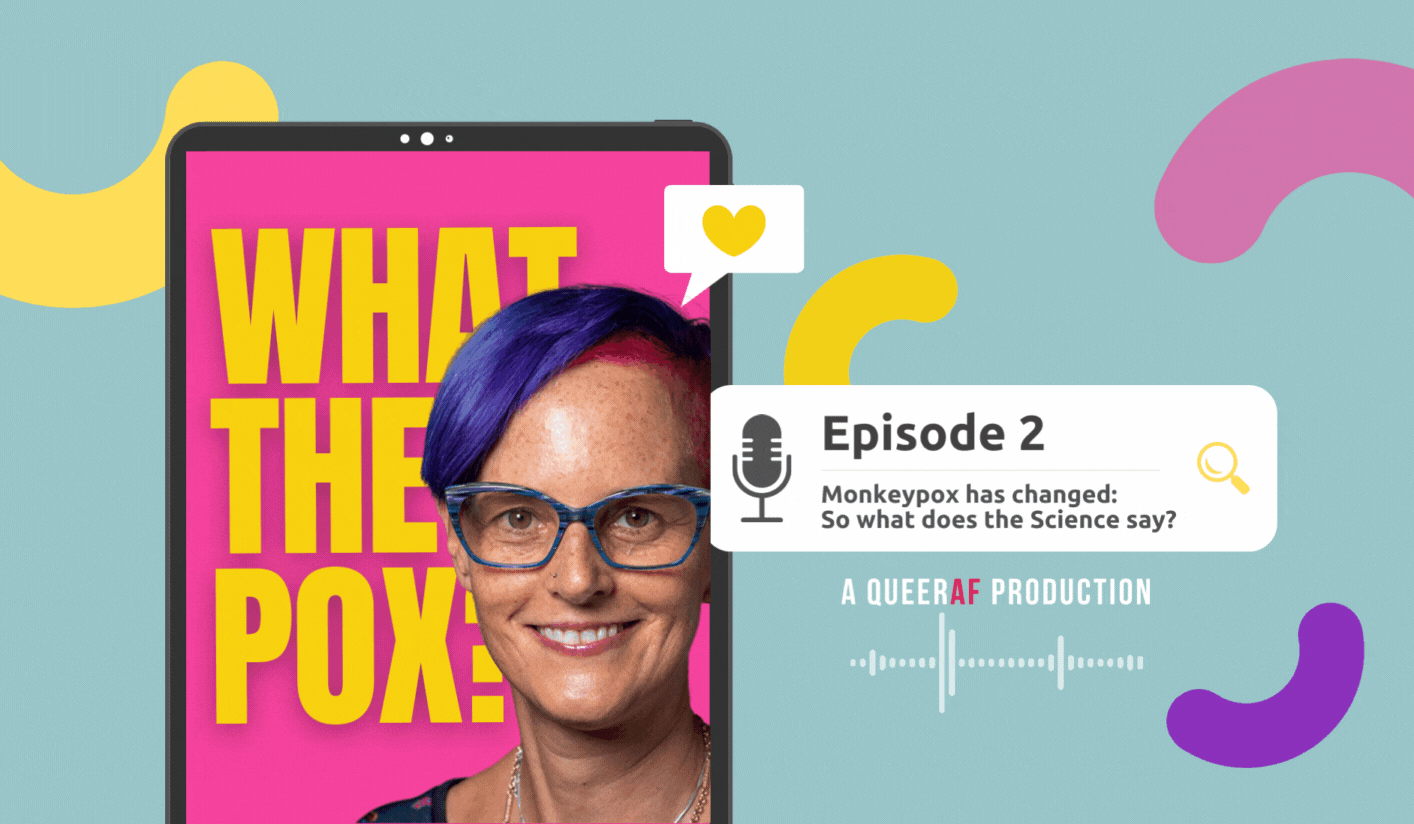
Catching mpox (monkeypox)
Who is affected by mpox (monkeypox)?
Anyone can catch mpox.
However, during the global outbreak in 2022, it mainly spread within dense sexual networks. This meant it showed up mostly in communities of gay, bisexual and queer men who have sex with men.
It is also endemic in Central and West Africa.
Am I in a high-risk group for mpox (monkeypox)?
If you are sexually active and have partners who are gay, bisexual, queer or men who have sex with men then you are at higher risk of catching mpox.
At least, this is the case in the global north outbreak because it is spreading through community transmission in dense sexual networks.
Is mpox (monkeypox) a sexually transmitted infection?
In short, no. But the answer is a little more nuanced than that.
For a disease to be classed as an STI, it must be transmitted through sex only.
Mpox can spread in other ways, including skin-to-skin contact with infected legions or sharing bed linen and towels.
However, due to the nature of the 2022 global outbreak, sex was one of the reasons it spread so far and so fast due to the skin-to-skin contact that occurs.
How do you get Monkeypox?
Monkeypox spreads through contact with infected legions. However, growing research suggests it can also be spread through:
- Contact with bed linen, towels or surfaces
- Semen
- Skin-to-skin contact
However, Dr Chloe Orkin, a leading Mpox expert, suggests it's unlikely you'd catch it by brushing past someone in a crowd or on public transport.
But as with any transmission, it's about the length of time you spend in contact that increases the chance of transmission.
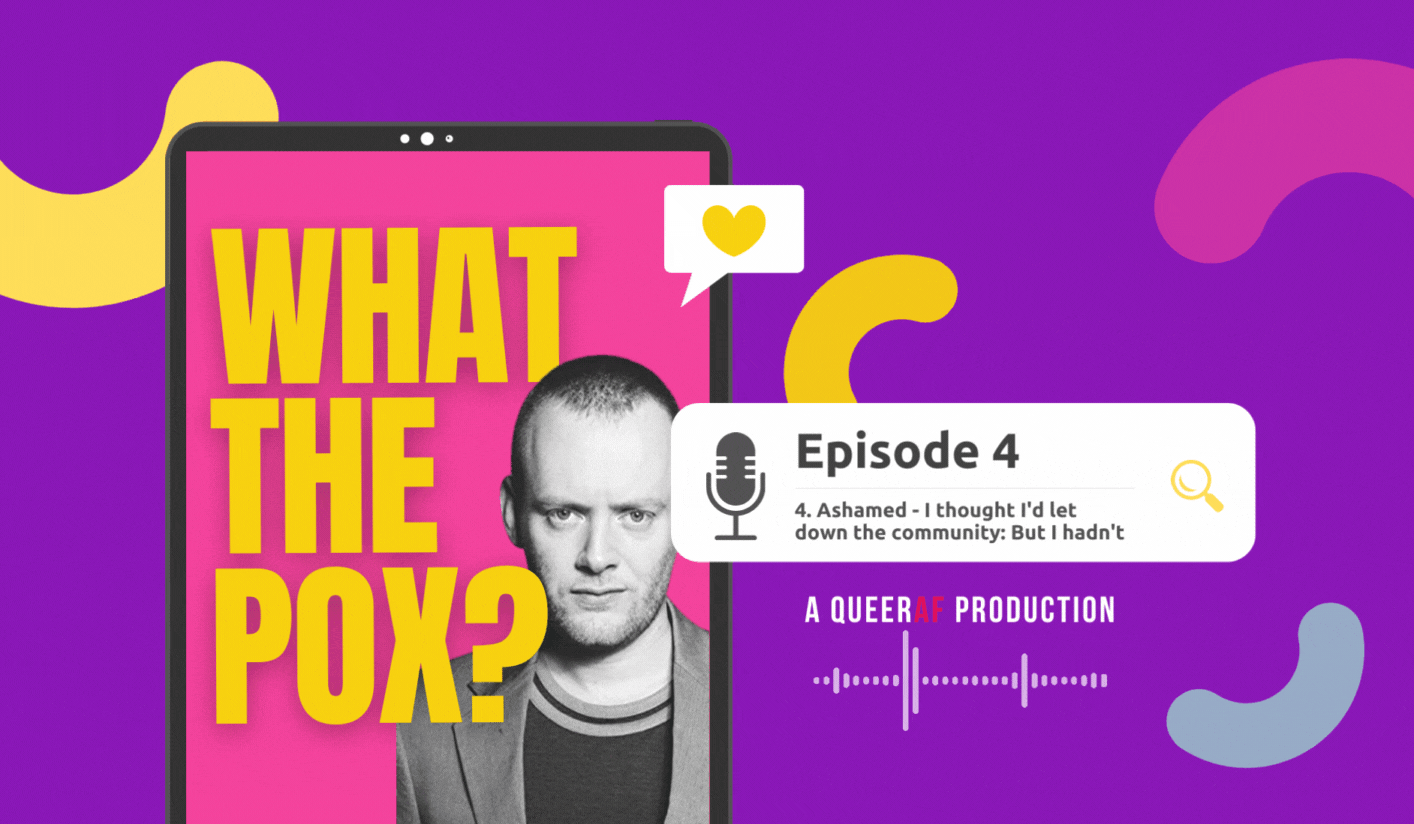
Vaccines
What is a mpox (monkeypox) vaccine?
Mpox (monkeypox) is caused by a virus related to the virus that causes smallpox. So the vaccine you'll get is a form of the smallpox vaccine.
Most countries, including the US uses JYNNEOS. It's a two-dose vaccine developed to protect against mpox and smallpox infections.
In the UK, the NHS is also offering the smallpox (MVA) vaccine to people.
You need to get both vaccine doses for the best protection against mpox. The second dose should be given four weeks after the first dose.
Can I get a mpox (monkeypox) vaccine?
In the UK, a limited amount of mpox vaccines are available after the government decided it wasn't "value for money" to order more supplies.
The UK Health Security Agency and sexual health charities criticised this decision.
If you are in a high-risk group, you should contact your local sexual health centre.
How do I get a mpox (monkeypox) vaccine?
In the UK, they are available at sexual health centres, depending on stock and location.
How effective is the mpox (monkeypox) vaccine?
Most efficacy figures from the vaccine come from animal studies, which makes this question hard to answer.
However, Leading expert Dr Chloe Orkin told the What The Pox? podcast that the vaccine efficacy after one dose is around 65-70%.
At this efficacy, you'll likely limit the severity of the disease rather than prevent it. When you have HIV, this decreases to around 30% with just one dose.
However, a US study by the CDC only found around 37% efficacy after one dose and 69% after two doses.
In the US, booster doses are recommended every 2 or 10 years if a person remains at continued risk for exposure to smallpox, monkeypox, or other orthopoxviruses.
How quickly does the mpox vaccine take to work?
It can take up to four weeks after your first vaccine dose to take effect and for your body to build antibodies.
After your second dose, it takes two weeks to build antibodies.
Will a mpox (monkeypox) vaccine help if I have already been exposed?
There isn't enough research to tell us an answer to this yet.
Currently, in the UK, people who've had the virus are assumed to have some antibodies and are only offered one dose of the vaccine at some sexual health centres.
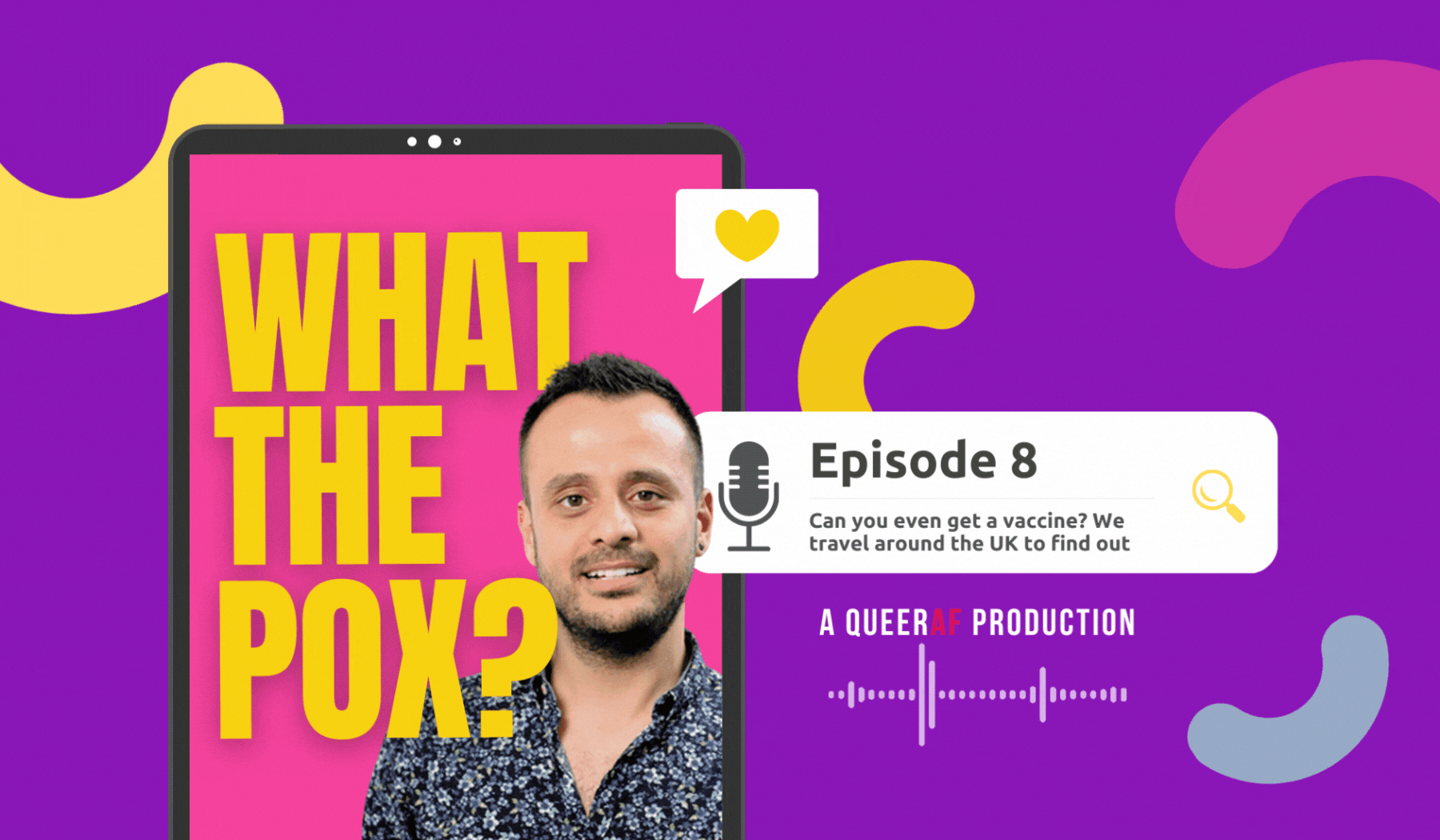
Medicines and recovery
What are mpox (monkeypox) antivirals, and will they help?
Currently, there is no treatment explicitly approved for mpox virus infections.
However, the United States Government (USG)-stockpiled antivirals developed for use in patients with smallpox, that may be beneficial against mpox.
The Strategic National Stockpile (SNS) currently has tecovirimat, brincidofovir, and vaccinia immune globulin to treat mpox.
Cidofovir is also available commercially.
Tecovirimat is an antiviral medication approved by the United States Food and Drug Administration (FDA) for treating smallpox in adults and children.
There is limited data on the effectiveness of tecovirimat in treating mpox infections in people. Still, studies using a variety of animal species have shown that tecovirimat is effective in treating diseases caused by orthopoxviruses like mpox and smallpox.
Can I access mpox (monkeypox) antivirals in the UK?
They are currently only available through a clinical trial or if you are hospitalised with mpox.
PLATINUM is a UK-wide clinical trial testing an antiviral drug called tecovirimat. This might help people with monkeypox get better quickly and shorten their infectious time. You can get a referral to it via your GP.
Otherwise, the criteria to get hold of them is extensive and strict. To be given antivirals in the hospital, you have to have:
- A critical illness where monkeypox virus infection is considered to be a key factor
- Intractable pain
- Rectal abscess or fistula formation
- Problems swallowing or your airways being blocked
- Have primary or acquired immunodeficiency, or on immunosuppressive medication or periocular disease
- Have encephalitis, meningitis or other neurological manifestation
- Have extensive cutaneous illness (for example, more than 100 lesions)
- Have a complex genital disease (for example, difficulty passing urine due to swelling or lesions) or if mpox is causing direct urinary obstruction
Is there any financial support if I have to take time off work?
Currently, the expectation is that local authorities will use existing discretionary welfare or hardship schemes, including the Household Support Fund.
But these schemes were not designed to support the living costs of someone needing to self-isolate for up to three weeks.
This is one of the calls from multiple UK charities and sexual health organisations, including THT, Prepster and NAT, who all argue people with mpox need specific financial support.
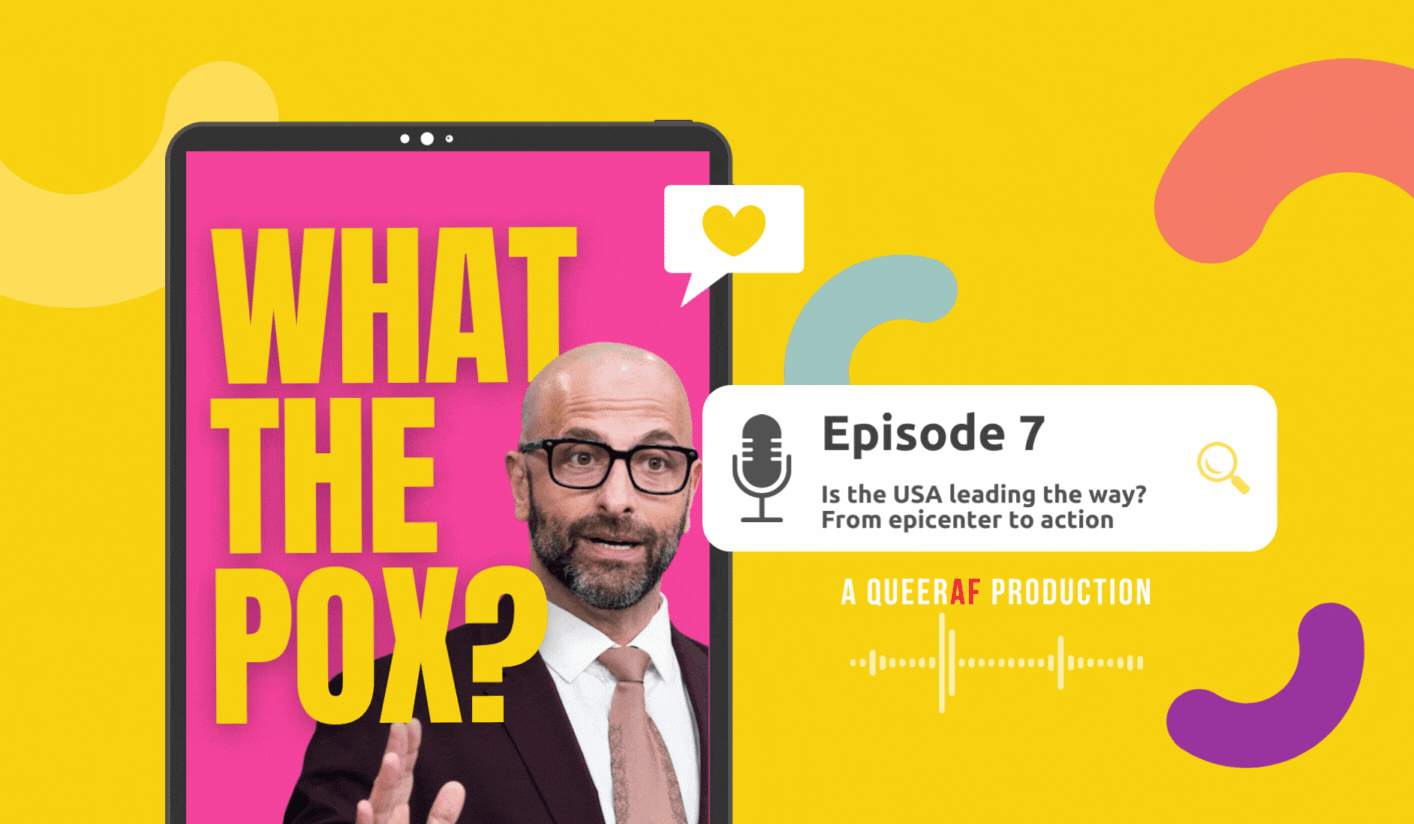
The outbreak
How many people have monkeypox?
The latest data for the UK, published in December 2022 shows around 3400 people have had the virus.
| UK nation | Total* | Confirmed* | Highly probable* |
|---|---|---|---|
| England | 3,552 | 3,404 | 148 |
| Northern Ireland | 34 | 34 | 0 |
| Scotland | 97 | 97 | 0 |
| Wales | 47 | 47 | 0 |
| Total | 3,730 | 3,582 | 148 |
In the US, there have been over 30,000 cases. Globally it's estimated at around 85,000.
How long will this last?
Because of the global north outbreak, there is a risk that without worldwide coordinated action, the virus could become endemic in many more countries. It is already in large parts of Central and West Africa.
The World Health Organisation's Dr Richard Peabody has called the outbreak a call to action for countries worldwide to take action. Not just in their own countries but in supporting those where it has been endemic for many years.
